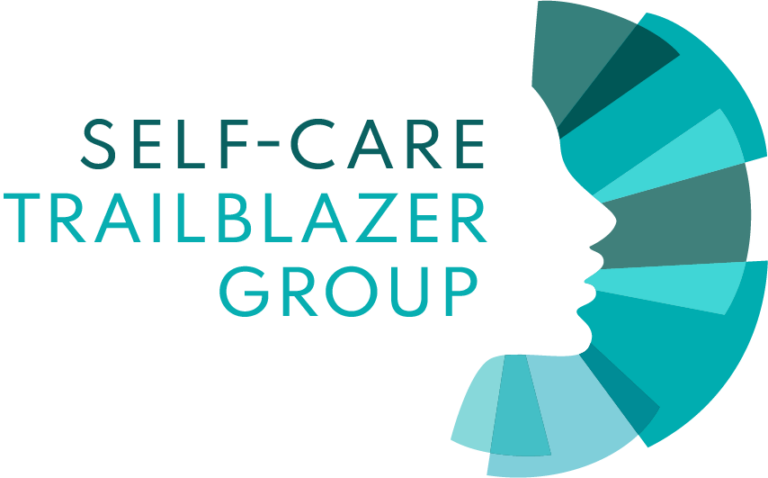By Saumya RamaRao, Global Health Consultant; Gilda Sedgh, Research and Evaluation Scientist and Advisor, Sexual and Reproductive Health; and Dr. Sarah Onyango, Senior Technical Advisor for Self-Care, Population Services International and SCTG Project Director
Today, nearly 900 million women of the 1.9 billion women of reproductive age are using some form of modern contraception. This is a far cry from the mid-1950s when there were not many contraceptive choices and family planning programs were nascent. Change has been notable in the past three decades (UNDESA, 2022)—35 percent of reproductive-aged women (or 467 million women) were using a modern contraceptive in 1990 and by 2021, it had increased to 45 percent (or 874 million). This is a remarkable example of global social and behavior change.
Today, the concept of preventing pregnancy by using modern contraceptives is well understood and part of the common parlance across the globe. Of course, understanding does not translate into use, particularly among the 164 million women and girls who wish to prevent pregnancy but are not using any method, modern or traditional. They commonly cite having concerns about contraceptives, that they do not have sex often enough to commit to a method, and reluctance to use a method for a variety of social and cultural reasons. Just as much as there has been an acceptance of the concept of pregnancy prevention and contraceptive use, the pace of uptake of contraceptive has slowed considerably in recent years.
This is where self-care may offer a way forward in helping those who wish to avoid a pregnancy do so with agency. Recently the WHO has accelerated the self-care movement with the publication of guidance documents to help family planning programs design innovative ways of reaching individuals where they are on their contraceptive journeys (WHO, 2019 and 2022).
Self-care is an age-old concept because for millennia people have been practicing it to avoid a pregnancy. History tells us that individuals avoided pregnancy by abstaining from sex or using withdrawal or by breastfeeding before the advent of modern methods. Extending this known concept to fit contemporary times can be innovative in helping individuals on their contraceptive journeys. For example, we know that many adolescents and young people hesitate to seek contraceptive services at conventional health centers for fear of being turned away or being rebuked for being sexually active. We also know that they prefer avenues of obtaining contraceptive methods that will protect their privacy.
Some women prefer to begin and stop contraception on their own schedule especially if they are intermittent contraceptive users. For such women, contraceptives such as pills (including emergency contraceptive pills), condoms and self-injections offer them their desired convenience. Knowing that they can discontinue contraception at will is a freedom that self-care contraceptives offer and that implants and IUDs, which require a health care provider to remove them, do not.
For yet others, standard health facilities may not be the most convenient point of care because of the distance from their homes, waiting times or other reasons. For this set of potential users too, self-care contraceptives that can be obtained from points of care such as pharmacies, community drug stores, online pharmacies, and community outreach services increases access.
New contraceptives that are likely to enter markets in low- and middle-income countries in the next few years include vaginal rings, non-hormonal pericoital gels, patches, and new formulations of oral pills including those for pericoital use. Clinical trials are also underway for contraceptive gels that men can use thus expanding their choices of self-care contraceptives beyond condoms and withdrawal. The greater availability of self-care contraceptives also means that users will also have a choice of service delivery points—from standard health care facilities to standard pharmacies to online care. As new self-care contraceptive become available, it will be important to orient and educate future consumers to help them choose the contraceptive that best fits their needs.
Perhaps the most important aspect of self-care is that it empowers the individual to get information, make decisions, and act upon their decisions in ways that are in line with their values and preferences. By enhancing individual agency, the effects of self-care may be felt in other aspects of their lives as well.
As the momentum for contraceptive self-care for contraception builds, perhaps we will see renewed acceleration in the uptake of contraception among women around the world who want to avoid getting pregnant, as they take matters into their own hands.
